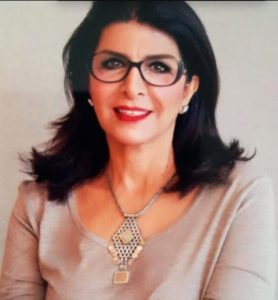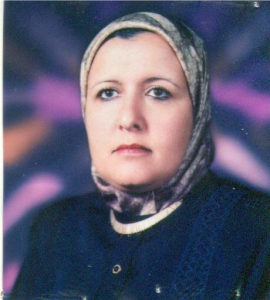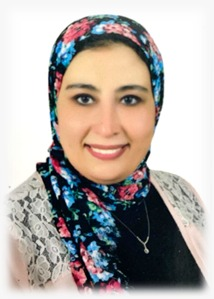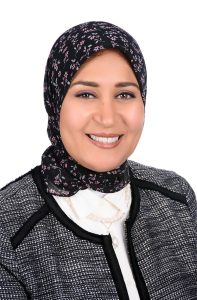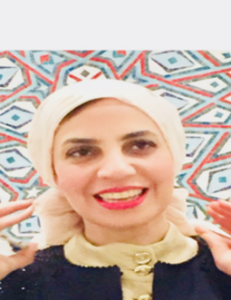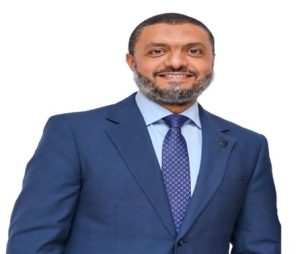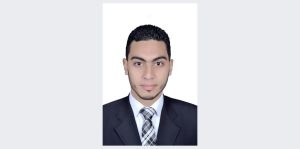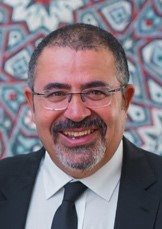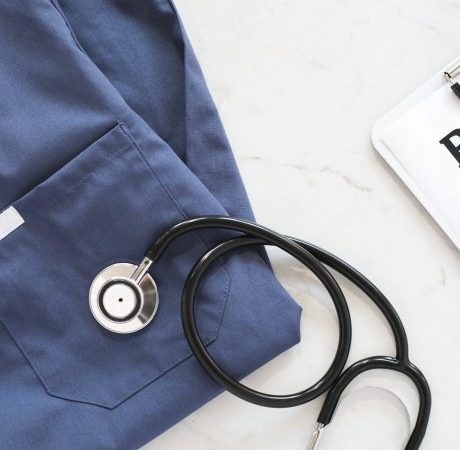Health Administration and Informatics Technology (HAIT) overview
The Health Administration and Informatics Technology program aims to introduce the students’ to computer technology, internet tools, and the World Wide Web with a focus on selected computer applications and electronic technology related to healthcare practices. Students also learn about the impact of technology on management, education, clinical practice, and research, as well as information technologies that manage clinical information and support patient care.
Program structure:
The program of Health Administration and Informatics Technology is composed of 128 credit hours. The academic year begins from the 1st of October of the following year; each academic year consists of two semesters. Each semester is extended over about three months and covers 16 credit hours on average. The student studies the program for four years as the following:
· First year, includes general courses supporting the basic knowledge of health science technology.
· The Second year involves studying the basic fundamental courses of healthcare management such as, financial and quality management.
Misr University for Science &Technology جامعة مصر للعلوم والتكنولوجيا
Faculty of Applied Health Science
Technology كلية تكنولوجيا العلوم الصحية التطبيقية
· For the third year, the students will study more advanced courses in health care administration such as healthcare accounting, strategic management and risk management.
· Fourth year, the student will gain knowledge about Epidemiology as well as hospital management. In the final semester, the student will take a final research project and advanced elective courses.
To obtain the degree of bachelor’s in Health Administration and Informatics Technology, the student is required to complete 128 credit hours as follows:
· University Requirements: Share 12 Credit Hours at 9.4%
· College requirements: Shares 32 Credit Hours at 25%.
· Health Administration and Informatics Technology Core Courses: Shares 81 credit hours at a percentage of 63.3%.
· Elective Courses: shares 3 credit hours at a percentage of 2.3%
Attributes of the Graduate: The program graduate is distinguished by his competence and professionalism to assist in a healthy professional life to support the quantitative and qualitative deficiency in medical services in the healthcare sector.
The aim of the program is to:
1. Prepare the graduates to be familiar with health management sciences and modern health management information technologies.
2. Enable the graduates to be familiar with the various health organizations and the laws that govern them.
3. Prepare the graduates to deal with modern technological techniques and electronic management methods, especially in medical statistics, registration, and archiving.
4. Enhance the students’ abilities in effective professional communication with the patients, health team members, colleagues, and the community.
5. Raise health awareness by enhancing the students’ leadership role in the community and their participation in improving health care quality.
6. Prepare the students to gain the required professional ethics, and honesty.
HAIT Description

